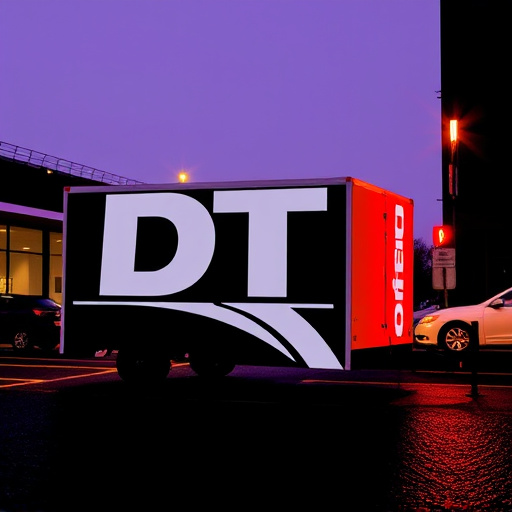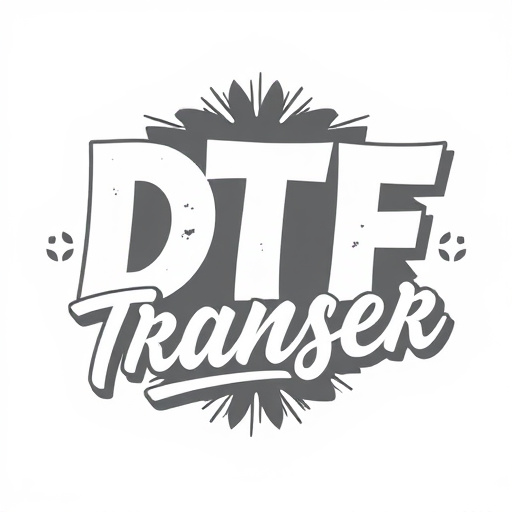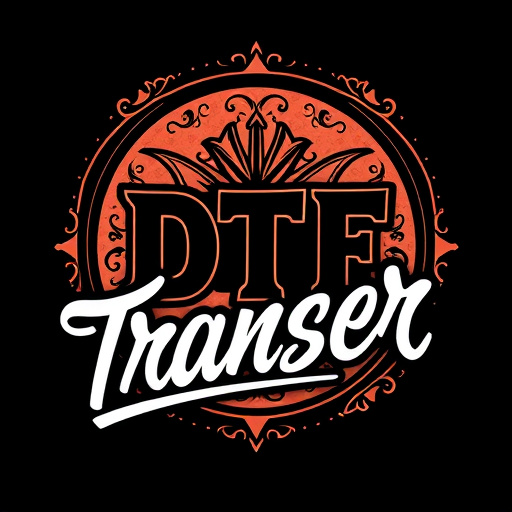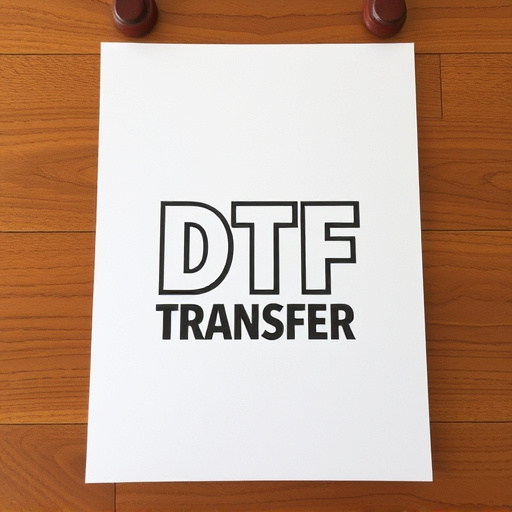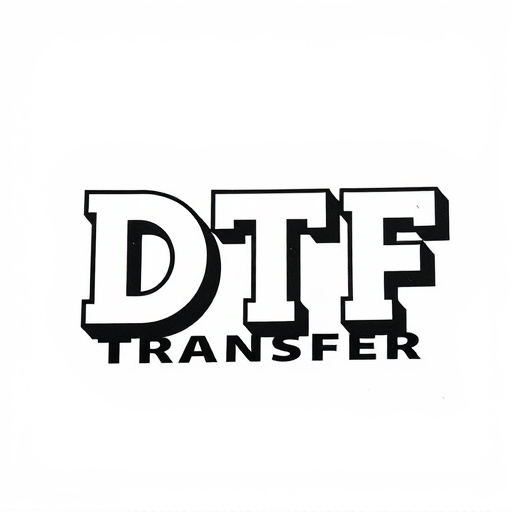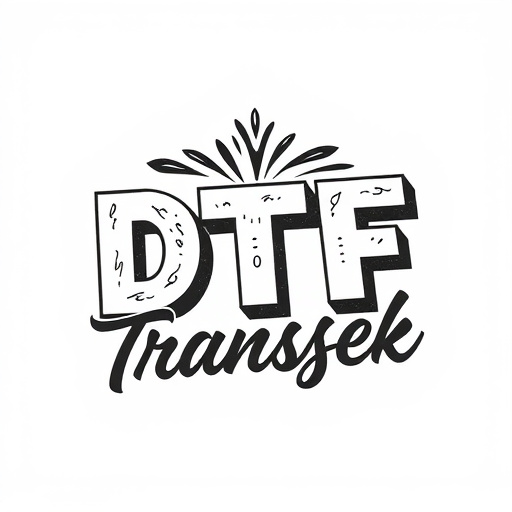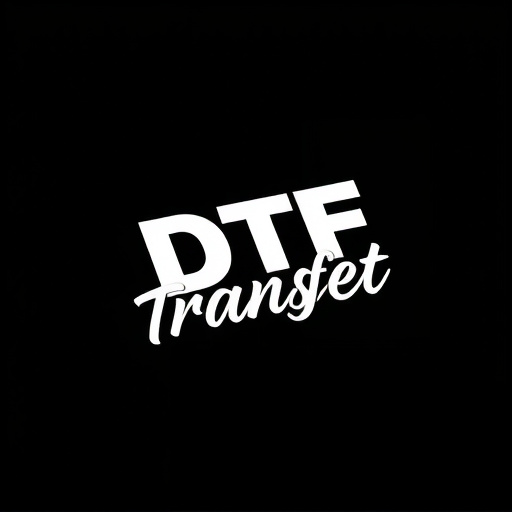Small-batch production powered by Demand-Driven Manufacturing (DTF) offers a flexible and precise approach to creating specialized products. By producing goods in runs from dozens to hundreds, manufacturers can prioritize quality, innovation, and tailored solutions without mass production constraints. This method streamlines inventory management, reduces waste, caters to diverse preferences, and enables faster production times and lower setup costs. In today's dynamic market, DTF allows businesses to swiftly respond to trends, enhance customer satisfaction, foster brand loyalty, and drive innovation, making it a powerful strategy for staying competitive. Automation and digital tools further revolutionize small-batch operations, enabling efficient customization and on-demand production while minimizing waste.
In today’s dynamic market, businesses are demanding more flexibility and customization from manufacturers. This shift is driving the adoption of Demand-Based Production (DTF), allowing companies to produce small batches without traditional minimum order quantities. This article explores the rise of DTF, its numerous benefits for customization, and its impact across various industries. We’ll delve into enabling technologies, common challenges, and successful case studies, providing insights into how small-batch options are revolutionizing production.
- Understanding Small-Batch Options
- Benefits of Customization
- Industries Embracing DTF (Demand-Based Production)
- Technologies Enabling Efficient Small Batches
- Challenges and Solutions
- Case Studies: Success Stories in Small-Batch Production
Understanding Small-Batch Options

Small-batch options provide a flexible and tailored approach to production, catering to businesses or individuals who require smaller quantities without the usual constraints. This model is particularly appealing for specialized or custom products, allowing manufacturers and artisans to focus on quality and precision rather than mass production. By embracing DTF (demand-driven manufacturing), small-batch producers can efficiently manage inventory, reduce waste, and cater to a diverse range of customer preferences.
This method involves producing goods in smaller runs, often ranging from dozens to hundreds of units, depending on market demand. It offers several advantages, such as faster production times, lower setup costs, and the ability to use unique or seasonal ingredients. Moreover, small-batch options encourage innovation, enabling creators to experiment with different designs, flavors, or materials, ensuring that each product is a work of art or a carefully crafted solution tailored to specific needs.
Benefits of Customization
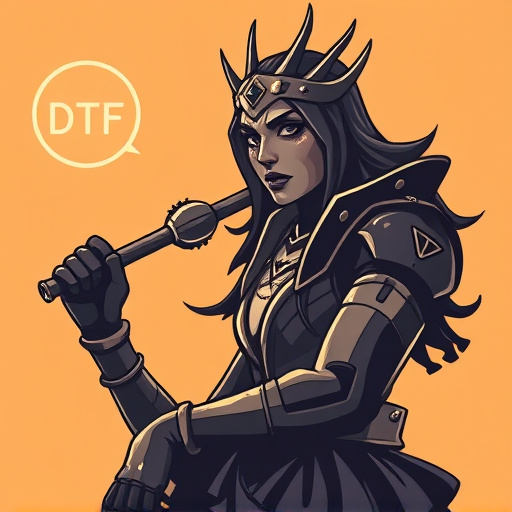
In today’s dynamic market, small-batch production offers businesses a flexible and adaptable approach, allowing them to cater to diverse customer preferences without the constraints of large-scale manufacturing. One of the key advantages is the ability to provide DTF (customization). This means products can be tailored to specific needs, ensuring higher customer satisfaction and building stronger brand loyalty. By embracing customization, businesses can offer unique items that stand out in a crowded market, attracting discerning consumers who appreciate individuality.
Moreover, DTF production enables companies to quickly respond to changing trends and consumer demands. It allows for iterative design processes, where feedback is readily incorporated into subsequent batches. This agility fosters innovation and keeps brands relevant and competitive, ensuring they stay ahead of the curve in their respective industries.
Industries Embracing DTF (Demand-Based Production)
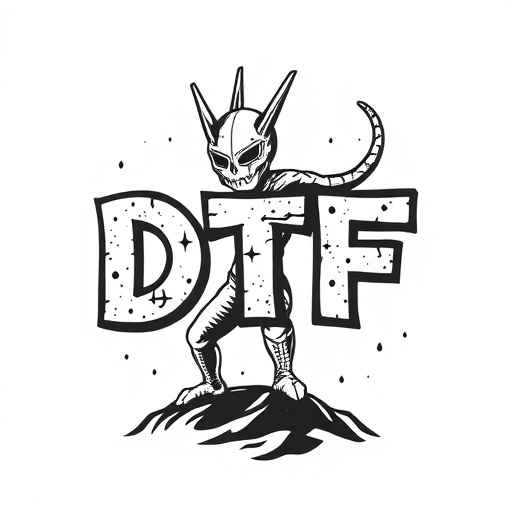
In today’s market, industries are increasingly embracing Demand-Based Production (DTF) as a revolutionary approach to manufacturing. This shift is driven by the need for flexibility and efficiency, especially in sectors where small-batch options are in high demand. DTF allows manufacturers to produce goods on-demand, eliminating the need for large quantity requirements. This method is particularly beneficial for custom or niche products, reducing waste and enhancing responsiveness to customer needs.
From apparel to electronics, various industries are leveraging DTF techniques. In the fashion industry, designers can offer made-to-order clothing without the burden of minimum order quantities. Similarly, tech companies can produce limited-edition gadgets or personalized devices, catering to specific consumer preferences. This demand-driven approach not only cuts costs but also fosters innovation, enabling businesses to stay agile and adapt quickly to market trends.
Technologies Enabling Efficient Small Batches
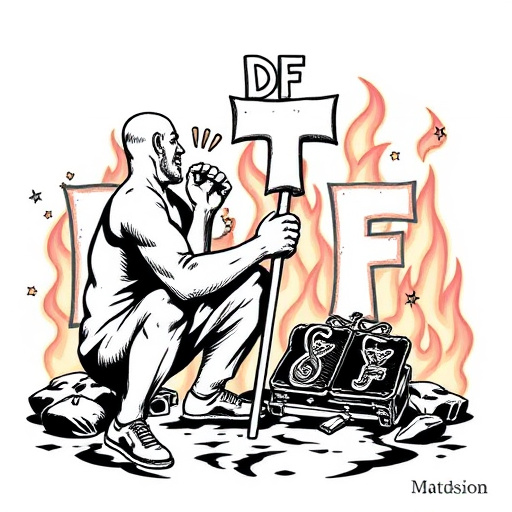
In today’s digital era, technologies like Digital Twin Factory (DTF) are transforming manufacturing by enabling efficient small batches without the need for large quantities. DTF leverages advanced simulation and data analytics to optimize production processes in real-time, allowing manufacturers to quickly adapt to changing market demands and produce smaller orders with precision and efficiency. This shift from traditional bulk manufacturing not only reduces waste but also opens up opportunities for customization and on-demand production.
Additionally, the integration of automation and robotics plays a pivotal role in facilitating small-batch operations. These technologies ensure consistent quality across batches, minimize errors, and maximize productivity. By combining DTF with automated systems, manufacturers can achieve a seamless transition between different production runs, making it easier to meet the diverse needs of modern consumers. This flexibility is particularly advantageous for niche markets and specialized products, where demand fluctuates and customization is key.
Challenges and Solutions
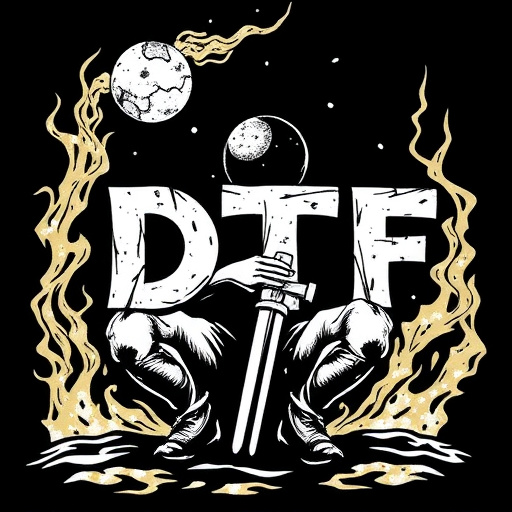
Many businesses face a common challenge when offering customizable, small-batch products: meeting demand without being burdened by minimum quantity requirements (MQRs). This issue is especially pertinent for startups and specialty brands aiming to provide unique, on-trend items with flexible production runs. However, there are innovative solutions available that can help conquer these challenges.
Direct-to-consumer (DTF) models empower brands to cut out intermediaries and connect directly with customers, allowing for greater flexibility in production planning. By leveraging digital marketing and e-commerce platforms, DTF strategies enable efficient order processing and personalized experiences, even at smaller scales. Additionally, partnering with experienced manufacturers who specialize in small batches can streamline production while ensuring quality, making it feasible to offer customizable options without the constraints of traditional MQRs.
Case Studies: Success Stories in Small-Batch Production
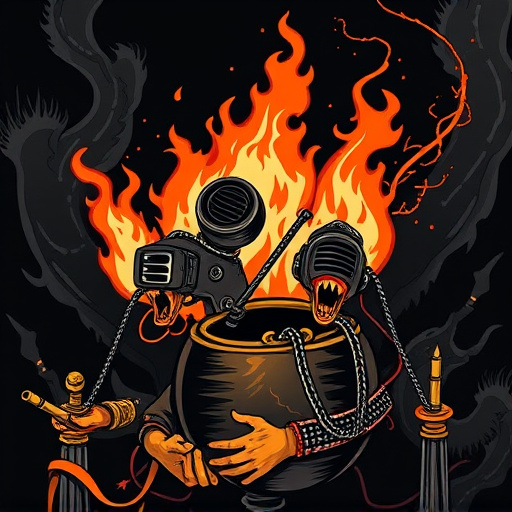
In the dynamic world of manufacturing, small-batch production has emerged as a flexible and efficient solution for businesses aiming to cater to diverse customer demands without the constraints of large-scale manufacturing. This approach, often dubbed “Just-in-Time” (JIT) or “Demand-Driven Production” (DTF), allows companies to optimize their operations by producing goods in smaller quantities tailored to current market needs.
Case studies from various industries highlight the success of small-batch strategies. For instance, artisanal food producers have thrived by offering unique, handcrafted products in limited editions, ensuring freshness and appealing to health-conscious consumers. Similarly, fashion designers have embraced DTF by creating seasonal collections, swiftly adapting to changing trends and minimizing overproduction. These real-world examples demonstrate that small-batch options not only reduce waste but also foster innovation, empower customization, and strengthen customer satisfaction.






